Japanese knives are known for their incredible sharpness and precision, and using the right sharpening stones can help maintain their edge for optimal performance. However, it will be better to learn how to sharpen these knives, so your knives will not break and, at the same time, can be used for a long time.
There are several types of sharpening stones/whetstones used for Japanese knives, but we will discuss these three types of Japanese sharpening stones:
1. Arato
This is a rough or coarse-grit stone used for initial sharpening or repairing chips in the blade.
2. Nakato
This medium-grit stone is used for sharpening and refining the blade after using the Arato stone.
3. Shiageto
This is a fine-grit stone used for honing and polishing the edge to achieve a razor-sharp finish.
It's important to note that different Japanese knives may require different grit stones, depending on their hardness and blade type. Some Japanese knife sharpeners may also prefer using different grit sequences, such as a finer grit stone before a medium grit stone.

The right Sharpening stone or Whetstone material for your Japanese knife
Now we know the three types of sharpening stones, and choosing the suitable sharpening stone material for your Japanese knife is important for achieving the
best sharpening results. Here are some tips for matching sharpening stones to different types of Japanese knives:
1. Single-bevel knives
Sharpening stones for single-bevel knives such as Yanagiba and Usuba are typically wider and flatter than those used for double-bevel knives, and are available in various grits.
Here are some recommended sharpening stones for single-bevel knives:
- Natural whetstones: Single bevel-like Yanagiba knives are often sharpened using natural whetstones, such as Arashiyama or Ohira stones. These stones are made from natural materials and have a high hardness, making them ideal for sharpening Yanagiba knives.
- Water stones: These stones provide a smooth and consistent sharpening experience and are available in various grits, ranging from coarse to fine.
- Ceramic sharpening stones: Ceramic stones are another good option for sharpening Yanagiba knives. They are hard and durable, making them ideal for sharpening a hard and narrow blade like the Yanagiba.
2. Double bevel knives
Double bevel knives such as Gyuto and Santoku can be sharpened with a wider range of sharpening stones, including water stones, oil stones, and diamond stones. Double bevel knives typically require finer grit stones for honing and polishing the edge but may also require coarser grit stones for repairing chips and reshaping the edge.
3. Harder steel knives
Japanese knives made from harder steel, such as VG-10 or high carbon steel, may require finer grit stones for sharpening, as coarser grit stones may cause excessive wear to the stone or damage the knife.
Here are some recommended sharpening stones for VG-10 knives:
- Ceramic sharpening stones: Ceramic stones are very hard and can be used to sharpen VG-10 knives effectively. They are also long-lasting and require less maintenance than other sharpening stone types.
- Diamond sharpening stones: Diamond stones are also tough and can be used to sharpen VG-10 knives quickly and effectively. They are also long-lasting and don't require as much maintenance as other types of stones.
- Water stones: Water stones are popular for sharpening Japanese knives because they provide a smooth and consistent sharpening experience. For VG-10 knives, it's best to choose a water stone with a high grit, such as a 3000-8000 grit stone, to achieve a razor-sharp edge.
4. Softer steel knive
Japanese knives made from softer steel, such as AUS-8 or 440C may be sharpened with coarser grit stones, as the softer steel will wear away more quickly and require more frequent sharpening.
It's important to note that specific sharpening needs of your Japanese knife may vary depending on the manufacturer, the steel type, and the intended use.
When you purchase Japanese Knives from our site (Japanese Knife Co.), you will be presented to add-on the correct sharpening stone for the type of knife you are buying.
Get Free Bonus Books

Sign up for free to the Japanese Knife Club to get advice and exclusive articles about how to choose Japanese Knives, and tips and tricks for using Japanese knives.
About the author
Kei Nishida
Author, CEO Dream of Japan
Certification: PMP, BS in Computer Science
Education: Western Washington University
Kei Nishida is a passionate advocate of Japanese craftsmanship, a writer, and the founder and CEO of Japanese Knife Co., Japanese Green Tea Co., and Japanese Coffee Co., all part of Dream of Japan.
His journey began with a mission to introduce the world to the exquisite flavors of Japanese green tea. Through Japanese Green Tea Co., he pioneered the import of premium tea grown in nutrient-rich sugarcane soil, earning multiple Global Tea Champion awards. He then expanded into the world of coffee, launching Japanese Coffee Co., the first company to bring Sumiyaki charcoal-roasted coffee to a global audience.
With a deep appreciation for Japanese artistry and tradition, Kei turned his attention to one of Japan’s most revered crafts: bladesmithing. Through Japanese Knife Co., he made handcrafted katana-style knives, created by a renowned katana maker, available outside Japan for the first time. These exceptional knives embody centuries of samurai sword-making expertise, blending tradition with modern functionality for chefs and collectors alike.
Kei’s journey continues as he uncovers and shares Japan’s hidden treasures—one sip, one blade, and one legacy at a time.

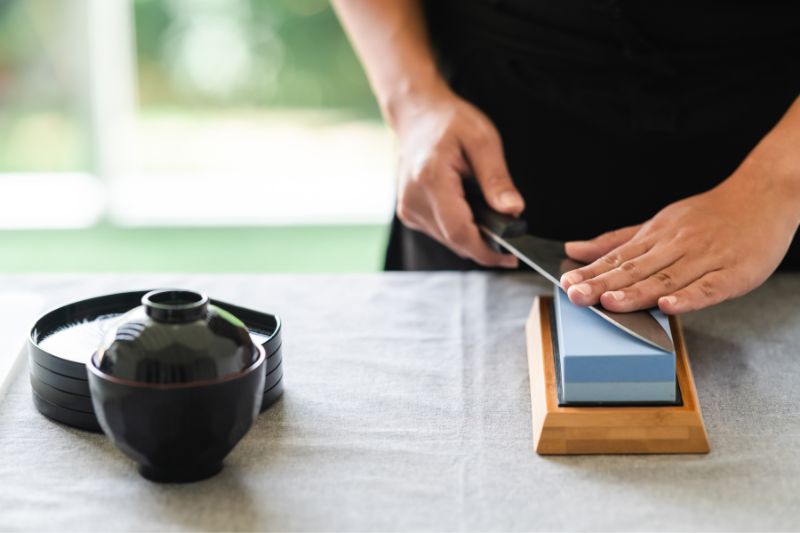
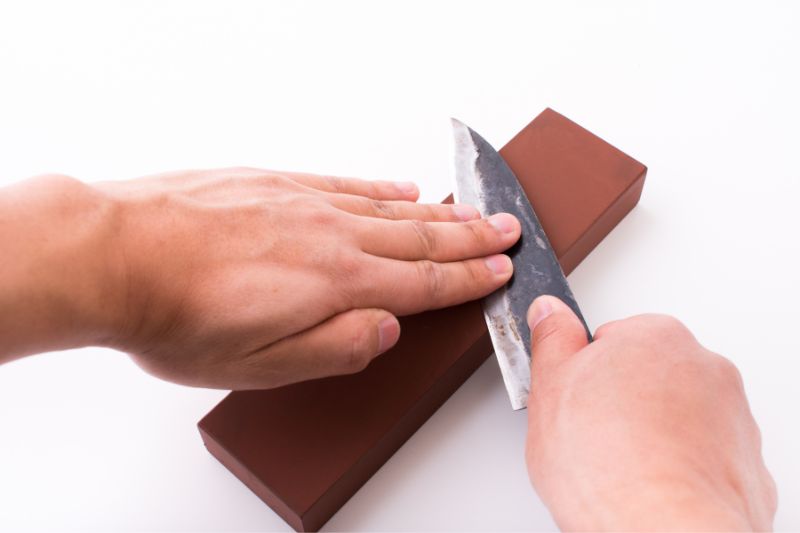
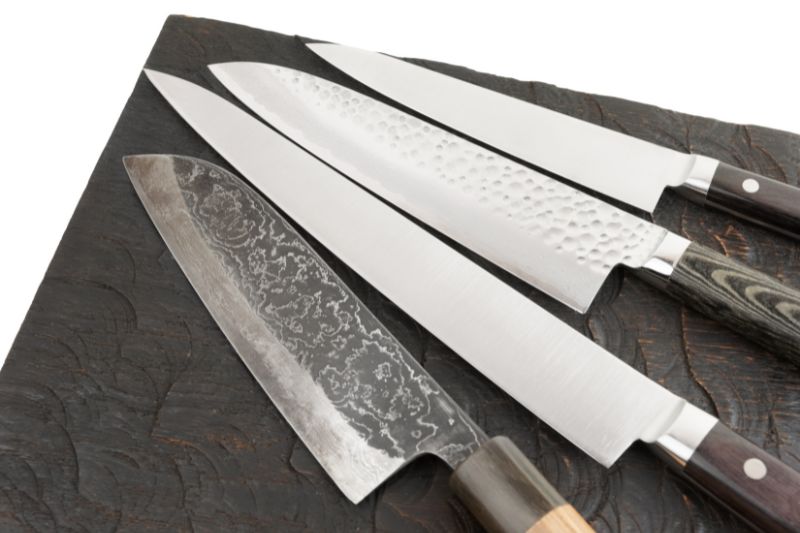
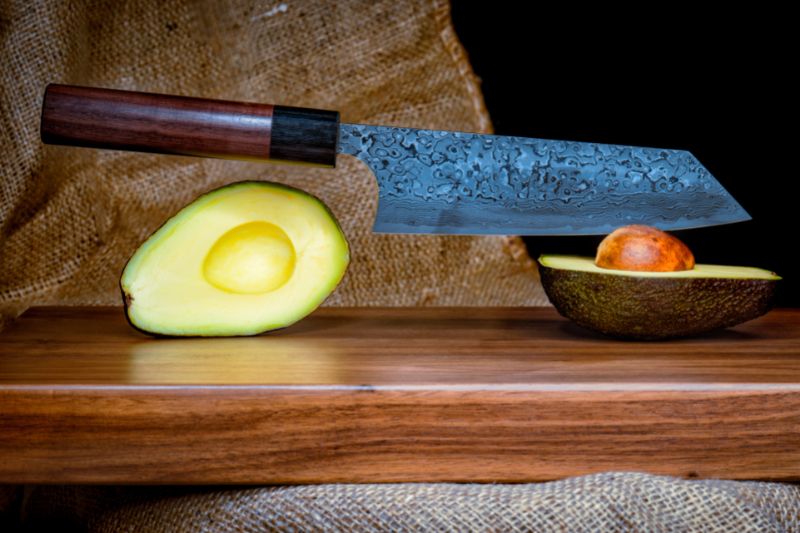

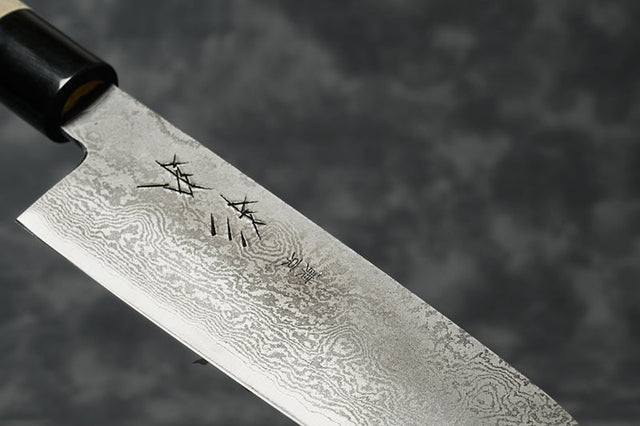

















Looking forward to learning how to maintain my knives Thank you for the info